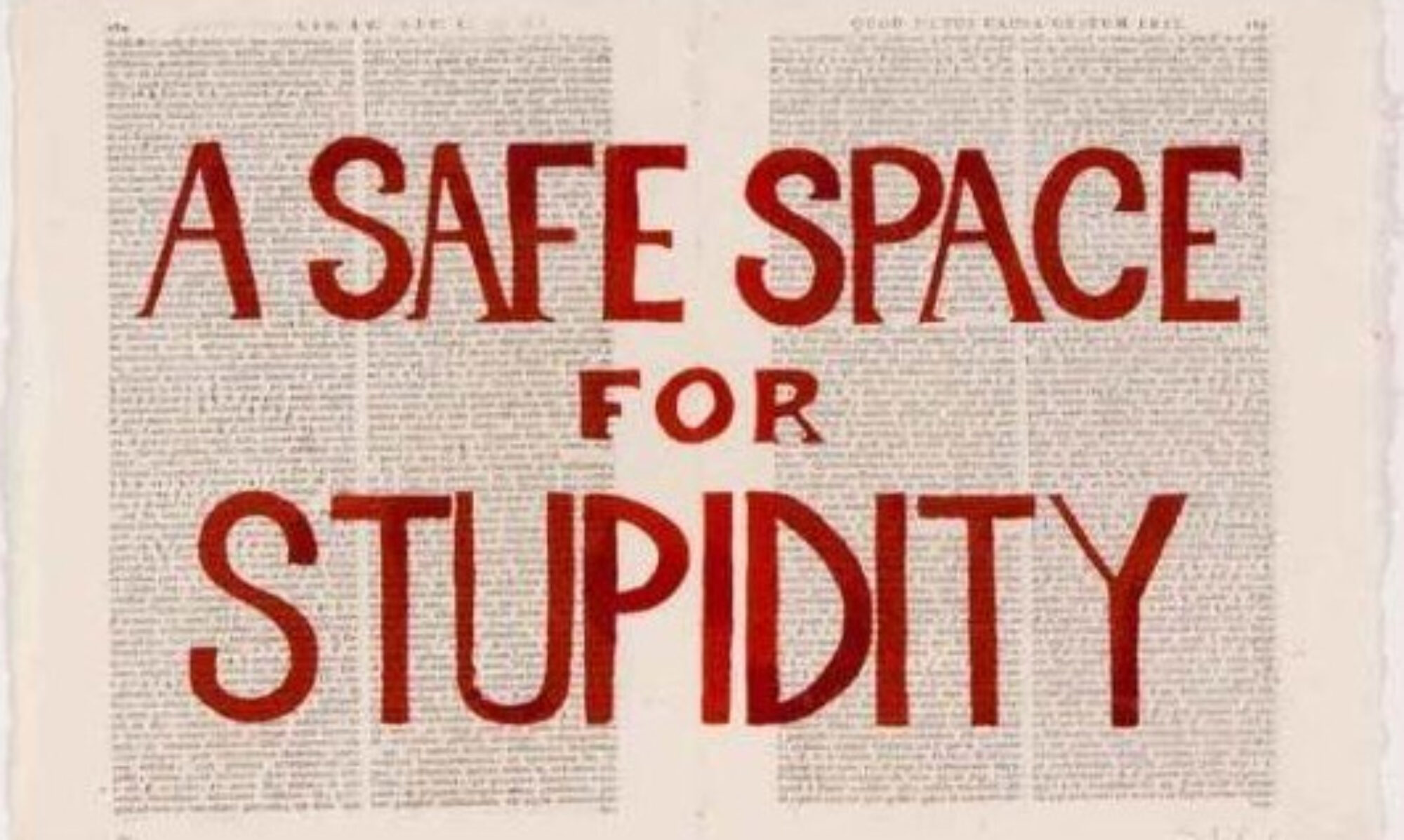Signed by five proletarian sons of Italian emigrants, addressed to all Italian proletarians
[This is a translation of a document which appeared in an Italian collection published in 1972 by Lotta Continua, Irlanda: Un Vietnam in Europa (Ireland: A Vietnam in Europe). It is of some interest as a communication from internees in 1971, but especially because of the name of the last signatory.]
On 9 August 1971 between 4 and 4.30 in the morning, the British army broke into hundreds of homes of workers opposed to British imperialism and its servants in the Six Counties of Northern Ireland. Nearly 300 men were dragged away from their women and families, taken in armoured vehicles through the narrow streets of Belfast, Derry and Newry; many were beaten to the point of losing their senses, others thrown bleeding into the barracks of the British army. Later many were tortured for days, and this torture finally led to a British investigation intended to exonerate the torturers, and found the British army guilty of some light “mistreatment”.
Since August 1971, 150 people have been killed, more than 700 imprisoned in concentration camps, thousands of working class houses have been destroyed, and the whole community has been terrorized by British soldiers intent on looting. Men, women and children have been shot dead in the streets: two women in a car [?], a man on his way to work, a child buying sweets, a youth playing football. British imperialism and the conservative British government are persecuting workers who demand justice, equality and democracy. The British army daily commits crimes against the Irish people, while its lying propaganda tells the world its soldiers are peacekeepers. The truth is concealed from English workers and the world is fed lies.
This week another concentration camp has been opened, and now every man opposed to this oppression risks being imprisoned.
There is no law, but the law of the British rifle; every day the Nazi boot pushes harder on the neck of the Irish people.
We are Irish, our fathers are Italian; sons of workers and peasants, we know that the Italian proletariat will raise its voice in angry protest against the brutality of the British army, against its attacks on the Irish people, against its support for the fascist reactionary sectarian government of the Six Counties of Northern Ireland, and against the continued imprisonment of Irish people in concentration camps.
We appeal to you to demand that the British government immediately release all of the men held in concentration camps as a first step towards peace and equality in our country.
We ask you to march on British diplomatic missions throughout Italy and show in this period your solidarity with the Irish people.
Signed:
Cristoforo Notorantonio
Francesco Notorantonio
Angelo Morelli
Antonio Morelli
Federico Scappaticci
Long Kesh concentration camp
Lisburn
County Antrim
Ireland
